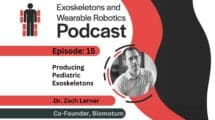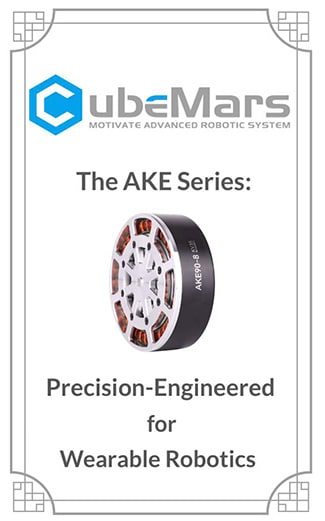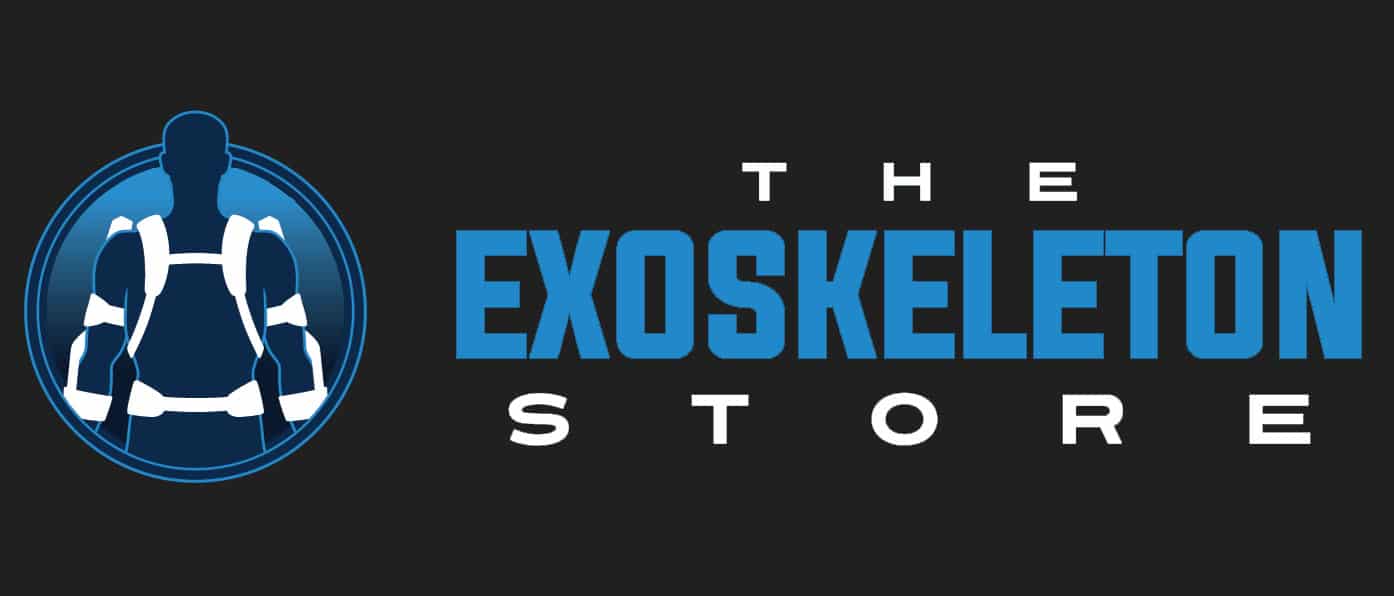The majority of people who suffer the partial or total loss of the hand’s motor skills report a drastic reduction in the quality of life due to the consequent inability to carry out many activities of daily life. Performing tasks often taken for granted, such as buttoning a shirt, using the phone, or grasping utensils for cooking or eating becomes frustrating or almost impossible due to reduced grip strength and poor motor control of the hand that afflicts these people.
A research team from Harvard University and the Wyss Institute for Biologically Inspired Engineering, coordinated by Prof. Conor Walsh and led by Dr. Leonardo Cappello, has recently developed a wearable robotic system with the purpose of helping these people. This robotic glove is in all respects a normal glove: it is composed entirely of fabrics that, suitably arranged in layers, deform intelligently thanks to the action of compressed air applied to special and very thin chambers hidden in the glove. The result is an intelligent device capable of providing substantial help in manipulating objects to those who are no longer able to do so because of spinal cord injury or neurodegenerative diseases.
[vimeo 185344759 w=640 h=360]
Wyss Study: Soft Robotic Glove from Wyss Institute on Vimeo.
The results of the research, recently published in the scientific journals Soft Robotics and Journal of NeuroEngineering and Rehabilitation, show how the robotic glove is made from low-cost components and how this glove is effective in restoring the ability to grasp and manipulate daily living objects. In the future, this glove could be commercialized to improve the quality of life of people with motor disabilities in the hand.
You might recognize the Soft Robotic Glove from a couple of years ago, but at the time it was just a prototype. The research of the effects of its use was published June 2018. The study shows a significant improvement in the performance of activities of daily living (ADL) for people with C4-C7 spinal cord injury. The publication is open source and can be easily accessed by following the link below:
Link to the papers:
https://www.liebertpub.com/doi/10.1089/soro.2017.0076
https://jneuroengrehab.biomedcentral.com/articles/10.1186/s12984-018-0391-x
Link to the video:
https://vimeo.com/185344759









Add Comment